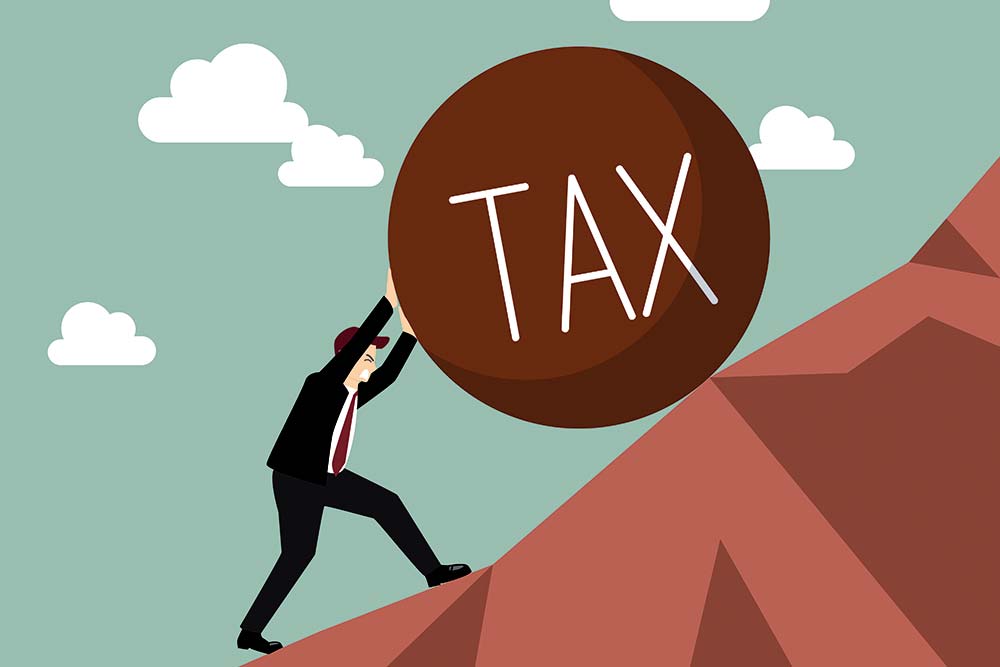Some respite for harried taxpayers. The due date for filing of income tax returns for Financial Year (FY) 2019-20 has been extended to December 31.2020. Those filing revised or belated returns will however have to file by November 30, 2020.
This extension comes with an opportunity for delinquent filers. Taxpayers who have already filed their tax returns for FY18-19 are given an opportunity to revise their returns. One must ensure savings bank, fixed deposit interest, rental income, capital gains and dividend incomes are correctly disclosed. Indian residents also need to declare their overseas income, if any.
In the event of double taxation, a credit for taxes paid overseas may be claimed and any changes in the foreign tax credits claimed may be considered for revision. Matching income and taxes reflected in Form 26AS with the income tax return is important. Also, omission to offer income to tax can lead to tax, interest, and penal consequences. Similarly, if you delay your filing, you will attract a penalty of Rs 1,000 on a total income below Rs 5 lakh and Rs 10,000 on a total income over Rs 5 lakh. However, the extension does not provide any opportunity for making tax-deductible investments.
Taxpayers need to plan for FY20-21. They need to determine whether they would prefer the regular tax regime or opt for the Simplified Personal Tax Regime (SPTR), introduced from FY20-21.
The SPTR aims to increase disposable income in individuals’ hands by lowering the tax rate, repealing various exemptions and deductions, and eliminating the need to maintain documentation related to investments. Certain tax benefits, such as deductions for an employer contribution to the New Pension Scheme (NPS), telephone and fuel reimbursements, will continue. However, deductions towards house rent allowance, leave travel allowance, standard deduction, professional tax, deductions under Section 80C, 80D, 80G, and 80TTA of the Income Tax Act are not available. Besides, deductions towards interest paid on home loan taken for a self-occupied property, and set-off of loss on the let-out property against salary income, are also not available.
Hence, taxpayers need to calculate taxes payable under the regular tax regime as well as the SPTR and determine which is best for them. While the option for availing SPTR may be exercised at the time of filing the return, it is important to file the tax return within the due date to opt for SPTR.
The SPTR rates may be availed at the time of tax withholding. However, once chosen, they can be changed only at the time of filing the tax return. If the taxable income for FY20-21 does not exceed Rs 5 lakh, there would be no tax liability.
Taxpayers who had invested in tax-deductible schemes and claimed deductions while filing returns for FY19-20 cannot consider the same for FY20-21 since these details would reflect in the income tax return. Duplication of claims will attract notices from the tax department. Hence, tax return filing requires a fine balance between proper disclosure and claims for benefits due.
Saraswathi Kasturirangan is Partner, Deloitte India and Pruthvi KS is Deputy Manager with Deloitte Haskins and Sells LLP

